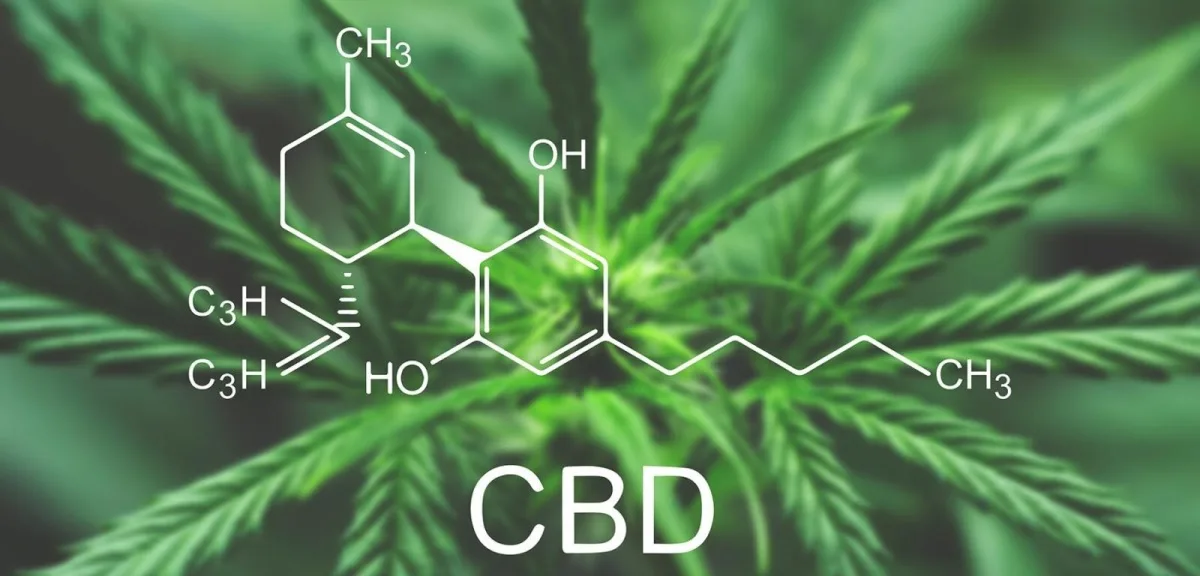The results of a new study published in the peer-reviewed journal Naunyn-Schmiedeberg’s Archives of Pharmacology “underscores CBD as a promising protective agent against sepsis-induced renal damage.”

The research, conducted by teams from Suleyman Demirel University and Burdur Mehmet Akif Ersoy University in Turkey, explored how CBD could mitigate the harmful effects of lipopolysaccharide (LPS)-induced kidney injury in Wistar Albino rats.
Sepsis, a severe and life-threatening condition, often leads to significant renal damage, posing a major challenge in clinical settings. The study investigated the protective effects of CBD, known for its antioxidant and anti-inflammatory properties, in a controlled laboratory setting.
Thirty-two Wistar Albino rats were divided into four groups: a control group, an LPS-only group, an LPS + CBD group, and a CBD-only group. The rats in the LPS group were exposed to LPS to induce renal injury, while the LPS + CBD group received both LPS and CBD treatments. The research focused on a range of biochemical, genetic, histopathological, and immunohistochemical analyses to assess the extent of kidney damage and the protective effects of CBD.
The study’s findings revealed that the rats exposed to LPS showed significant renal abnormalities, including elevated levels of oxidative stress markers such as total oxidant status (TOS) and malondialdehyde (MDA). However, the rats treated with CBD exhibited marked improvements, with increased levels of total antioxidant status (TAS), superoxide dismutase (SOD), and glutathione peroxidase (GPx). Additionally, CBD treatment reduced the expression of inflammatory markers like tumor necrosis factor alpha (TNF-α) and caspase-3.
Genetic analysis further highlighted CBD’s regulatory effects on key genes involved in oxidative stress and apoptosis, such as NRF2, CHOP, caspase-9, and Bcl2. These findings suggest that CBD has a protective role in reducing renal damage caused by sepsis.
The study concludes that CBD holds promise as a therapeutic agent for addressing renal complications associated with sepsis, potentially offering a new avenue for treatment in clinical settings. Further research is needed to translate these findings into human applications.
The full abstract of the study can be found below:
Sepsis-induced renal damage poses a significant threat, necessitating effective therapeutic strategies. Cannabidiol (CBD) has beneficial effects on tissues and their functions by exhibiting antioxidant and anti-inflammatory effects. This study investigates the potential protective effects of CBD in mitigating lipopolysaccharide (LPS)-induced renal injury in Wistar Albino rats. Thirty-two Wistar Albino rats were categorized into control, LPS (5 mg/kg i.p.), LPS + CBD, and CBD (5 mg/kg i.p.) groups. After the experiment, samples were collected for biochemical, genetic, histopathological, and immunohistochemical analyses. Oxidative stress markers as total oxidant status (TOS) and total antioxidant status (TAS), oxidative stress index (OSI), superoxide dismutase (SOD), glutathione peroxidase (GPx), malondialdehyde (MDA), immune staining as tumor necrosis factor alpha (TNF-α), interleukin-10 (IL-10), caspase-3, gene expressions as nuclear factor erythroid 2-related factor 2 (NRF2), C/EBP homologous protein (CHOP), caspase-9, glucose-regulating protein 78 (GRP78), B-cell leukemia/lymphoma 2 (Bcl2), and tissue histology have been examined. The LPS-exposed group exhibited significant renal abnormalities, mitigated by CBD intervention in the LPS + CBD group. CBD reduced immunoexpression scores for TNF-α, caspase-3, and IL-10. Biochemically, CBD induced a positive shift in the oxidative balance, increasing TAS, SOD, and GPx, while decreasing TOS, OSI, and MDA levels. Genetic analyses highlighted CBD’s regulatory impact on NRF2, CHOP, caspase-9, GRP78, and Bcl2, providing molecular insights into its protective role against LPS-induced renal damage. This study underscores CBD as a promising protective agent against sepsis-induced renal damage. Our findings could provide valuable insights into potential therapeutic avenues for addressing renal complications in sepsis.






